Dental implants can give you a brand new start by becoming fresh tooth replacements. Whether you need to replace just one missing tooth or several, dental implants are the most natural feeling tooth replacement you can get. They are made of two to three parts: the implant, an abutment, and the final crown or prosthesis. The implant acts as a new root that fuses with your jaw providing a solid anchor for your future crown/prosthetics. The abutment typically screws into the top of the implant and protrudes above the gum tissue allowing for a connection with your future dental prosthesis.
Placing an implant will involve some initial discomfort and a recovery period. This varies from person to person depending on our own pain tolerance and the simplicity or complexity of the procedure being done. In the majority of cases, however, the discomfort is mild to moderate for the first one to three days. (Ask your surgeon to give you a reasonable expectation for recovery). After the initial healing you should have no further discomfort but if you do, it is critical you notify your dentist/surgeon. It generally takes ~4 months for the implant to fully heal during a process called osseointegration, in which the bone grows and adapts to the surface of the implant. What can you do to assist healing after getting dental implants? Here are some recovery tips.
IMPORTANT NOTE:
Regardless of these recommendations, if you are taking any medication or following instructions different from what your surgeon has recommended, please inform them to ensure there are no contraindications in your case.
Recovery Tips After Dental Implants
There are two phases of recovery:
- Care immediately after the procedure
- Home care during osseointegration
Here is what you can do to maximize the success of your implant integration and have
the speediest recovery possible.
The First Few Days
- Discomfort:
Immediately following your surgery you should not be uncomfortable because your mouth will still be numb. Your surgeon probably gave you some medication to help with discomfort. It is always better to take the medication before the anesthetic fully wears off as trying to “catch up” on pain takes more time and is more difficult for physiological as well as psychological reasons. I recommend taking Ibuprofen or a similar medication immediately following the procedure. Ibuprofen reduces both pain and inflammation and studies have shown that taking Ibuprofen reduces or eliminates the need for stronger medication.
- Bleeding:
You may experience some postoperative bleeding as the local anesthetic wears off or as you begin to become active or eat etc. In general applying moderate pressure with gauze on the site will stop the bleeding. If it is anything other than mild to moderate or a slow ooze call your surgeon immediately. You may also try a wet tea (black tea); Biting on a wet tea bag releases tannic acids which can assist in clotting.
- Swelling:
Ice packs applied to the site, 20-30 minutes at a time for the first 48 hours will reduce swelling. After 48 hours, cold is not recommended…heat will not help to increase the blood flow and promote healing. Your surgeon may also have provided some medications that can reduce the initial swelling. Taking an anti-inflammatory such as Ibuprofen as mentioned above will help.
- Eating:
I generally tell my patients that they can eat whatever is comfortable based on their surgery and initial recovery. However you should avoid eating foods that will disrupt your recovery like hard foods, things that are difficult to chew or that may “poke” the surgical site. A safe method is to limit yourself to soft foods like smoothies, pasta and meal replacement shakes to keep yourself well nourished for at least the first two to three days. If your surgery has been limited to one side or area of the mouth, you usually can eat normally as long as you avoid the surgical site.
- Dental Hygiene:
For the first day, be VERY careful when brushing your teeth around the surgical site. Saltwater rinses can help to keep the surgical site clean and you may have been prescribed an antibiotic mouthwash. I generally do not recommend commercial mouthwashes as they often have ingredients that may negatively affect the healing. When you do rinse be gentle not to “push out” your cheeks…depending on the surgery the stretching of the cheeks may pull on the stitches/surgical site and cause incisions to open up. Be careful not to touch the surgical site with our fingers to prevent infections. Rinse the area gently after you eat and as needed to keep the site clean.
- Rest:
For the first 2-3 days, you should definitely rest, although this will depend on the simplicity or extensiveness of your surgery. Many patients having one to a few simple implants can actually return to work the same day. Others may need to take some time off to recover. Avoid heavy exercise or any cardio/activity that may increase your blood pressure and heart rate. In most cases, the initial recovery is not more than 2-3 days. Therefore patients often schedule on a Thursday or Friday so that they will be able to return to work/normal activity by Monday. Please note that the first two days are the hardest, so don’t try to do too much in the first 48 hours.
- Nausea:
If you experience nausea after the procedure it is usually a result of medications given for sedation as opposed to the procedure itself. Check with your surgeon…usually, OTC medications such as gravol will suffice but your surgeon may be able to provide some alternatives if needed.
- Supplements:
Patients often ask if they need to take calcium or other supplements. For the most part, calcium supplements should not be necessary, however taking higher than daily recommended doses of vitamin C can be beneficial. Vitamin C is helpful in soft tissue healing and collagen formation which is the first step in bone healing.
- Other tips:
Refrain from smoking or using a straw to prevent complications, slower healing, and dry sockets. Nicotine is known to affect healing, and the suction created by using a straw can negatively affect the site. The first few days are the most critical. If you have soreness persisting, take your prescribed pain medication or apply ice to the sides of your face.
Dental Implant Care After the First Few Days
During the ~four month osseointegration period, there are a few guidelines you should follow
- Eating:
If your implants have a post that is protruding through the gum tissue, or you have a tooth/teeth immediately attached to the implant you will need to avoid eating in this area and applying pressure to the implant. If the implant moves “excessively” during this period the bone will not grow against the surface of the implant and the implant will fail!
- Dental Hygiene:
Continue to gargle with warm salt water and gently brush and floss your teeth. Check with your dentist to find out when you can begin to brush the surgical site normally…usually within a few weeks. You will start to feel better each day. Keeping your gums clean is essential to make sure the recovery and healing go as smoothly as possible.
Dental Implants In Vancouver
If you are interested in getting dental implants in Vancouver, contact us.
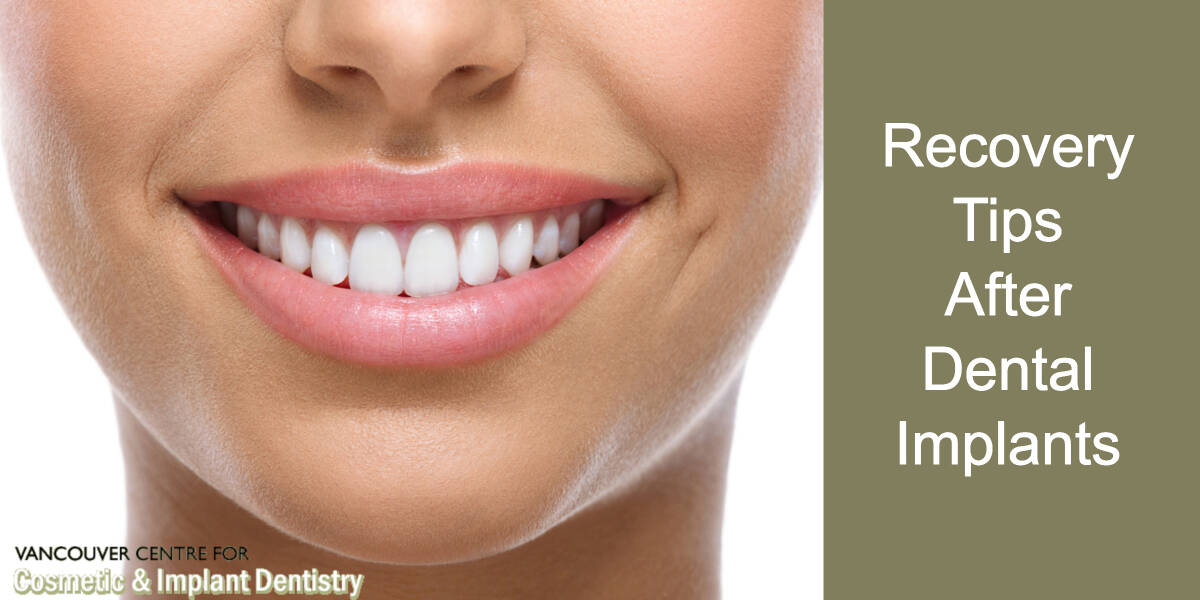
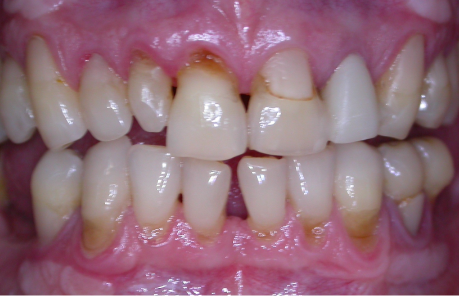
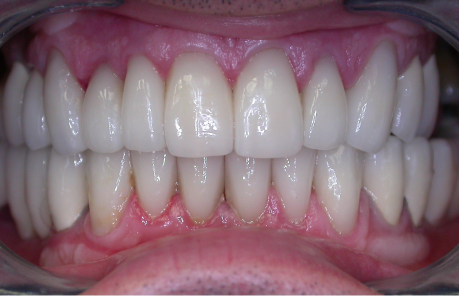
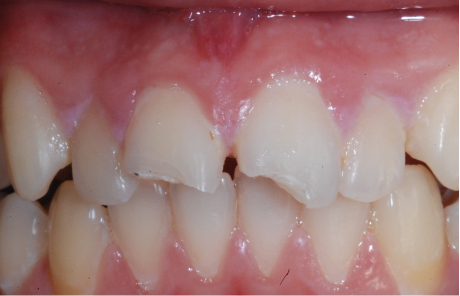
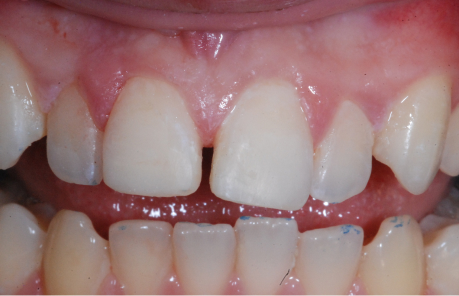
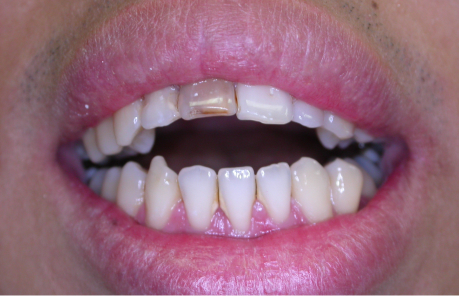
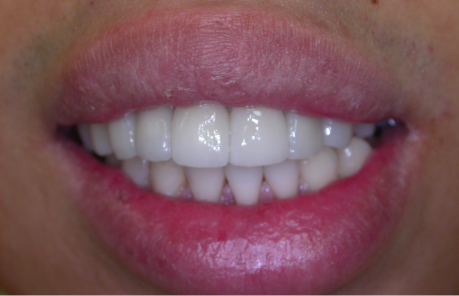
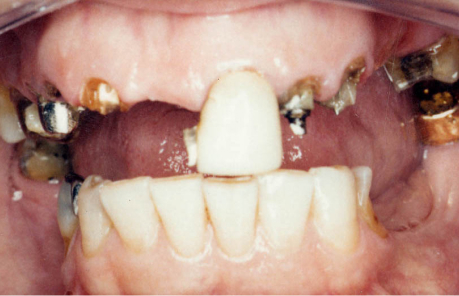
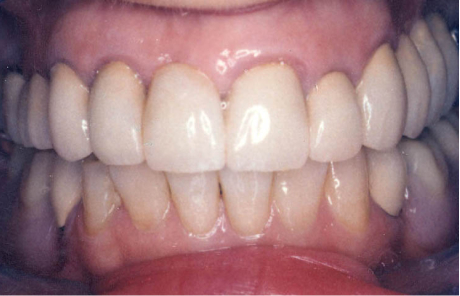
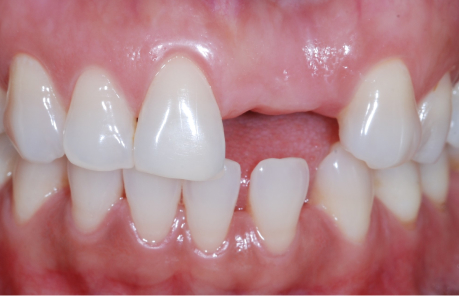
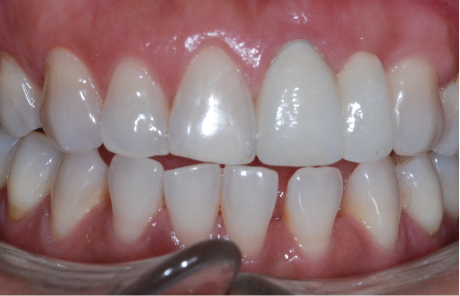

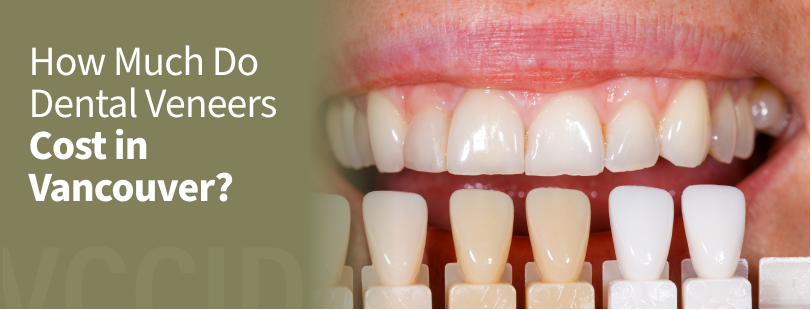
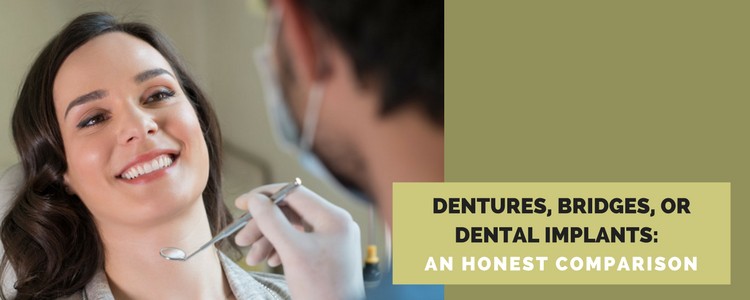


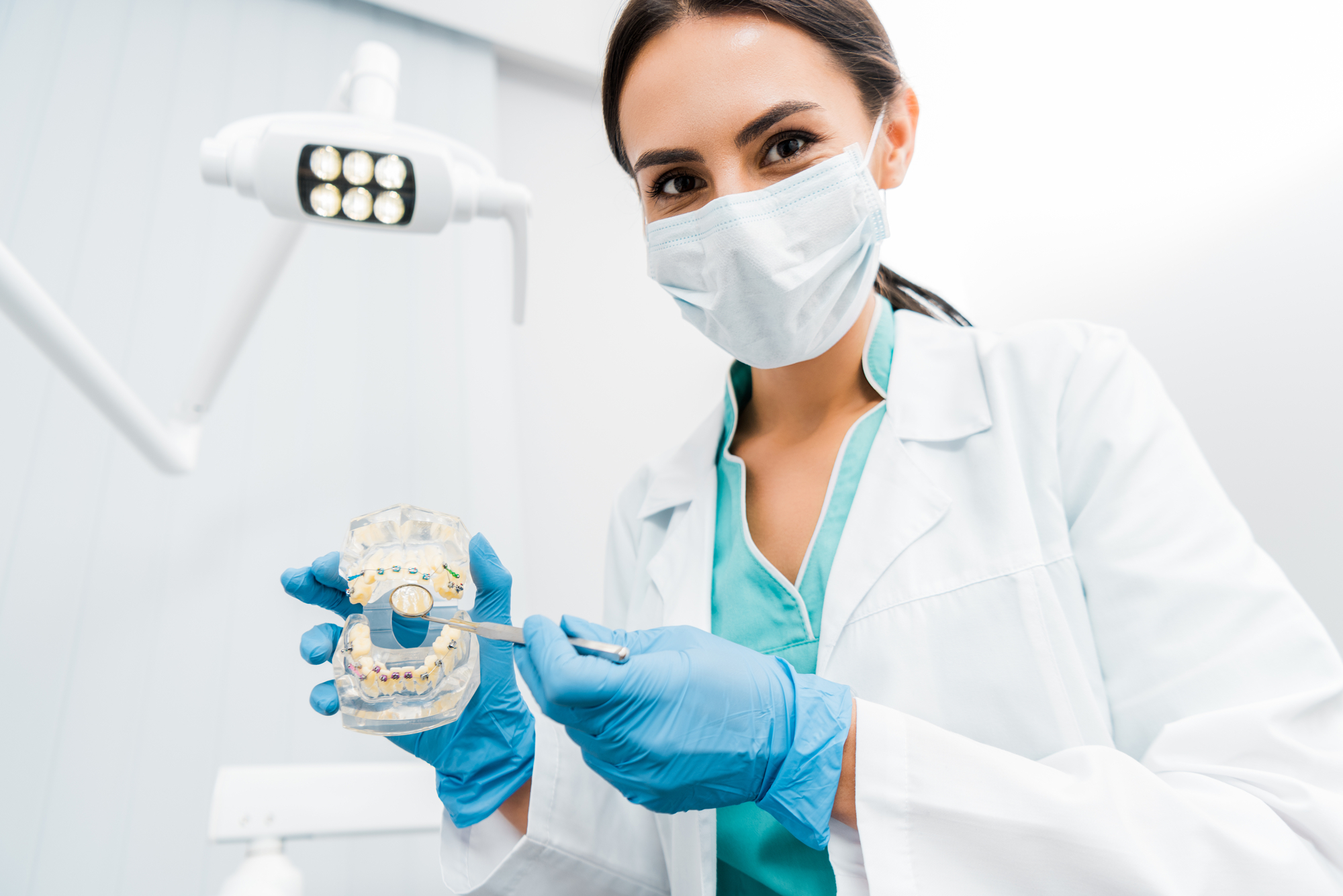
9 thoughts on “Recovery Tips After Dental Implants”
I like how you suggested applying ice packs applied to the site, 20-30 minutes at a time for the first 48 hours will reduce swelling. I am getting dental implants this month. Thank you for the tips for dental implant recovery.
Hello Sutton: Thank you for your reply…it is encouraging to know that my comments are helping others. Best wishes with your implants!
Sincerely, Dr Balogh
I never thought that after getting dental implants, one must avoid eating hard or any other type of foods that “poke” the said implant. To begin with, if I were to have dental implants laid in my teeth, I would ask a professional dentist to do so. That way, not only will one’s mouth be properly prepared before the operation but also guide one while letting it get used to a mouth after the operation.
Hello Yoshiko:
I would not say that you need to avoid hard foods once you have dental implants….unless uff course there are extenuating circumstances that are unique to your situation.
I have two implants in place for over 15 years and have never considered avoiding the area or “protecting” the implants. However, there are some important things to be considered in your diagnosis and treatment planning, and that involves placing enough implants in size and number and in the ideal location and position so that there is an adequate foundation/bite support for the teeth that are being placed. Sincerely, Dr Balogh
Thank you for pointing out that in order to combat your discomfort you should make sure and take your pain medication before the numbness wears off. My mother is wanting to get dental implants and I’ll have to educate her on this. Hopefully, we can find a great dentist that will get her the teeth she wants.
Your welcome!!
Having a good idea of what to do after implant surgery is quite important. As you said, we can’t go back to eating what we used to as softer foods would be the better choice. That and being extra careful when brushing as to not bump the area where the surgery was performed.
Thanks for the really nice information that really useful info.
I thought it was great how you said that dental implants are the most natural-feeling tooth replacements. My brother works in construction and over the years has lost a few teeth because of different hazards at the various job sites. It may be beneficial for him to find a dentist that can perform a dental implant procedure to replace the teeth he lost.